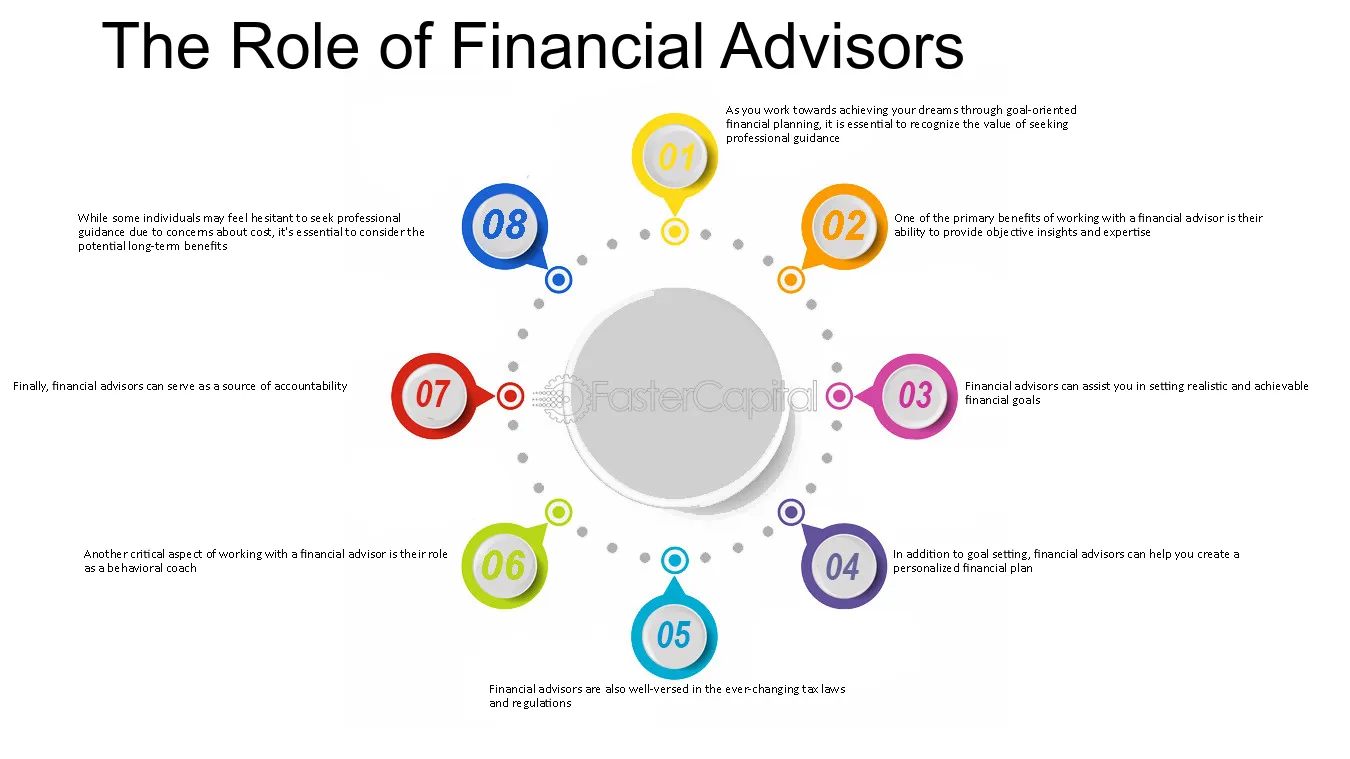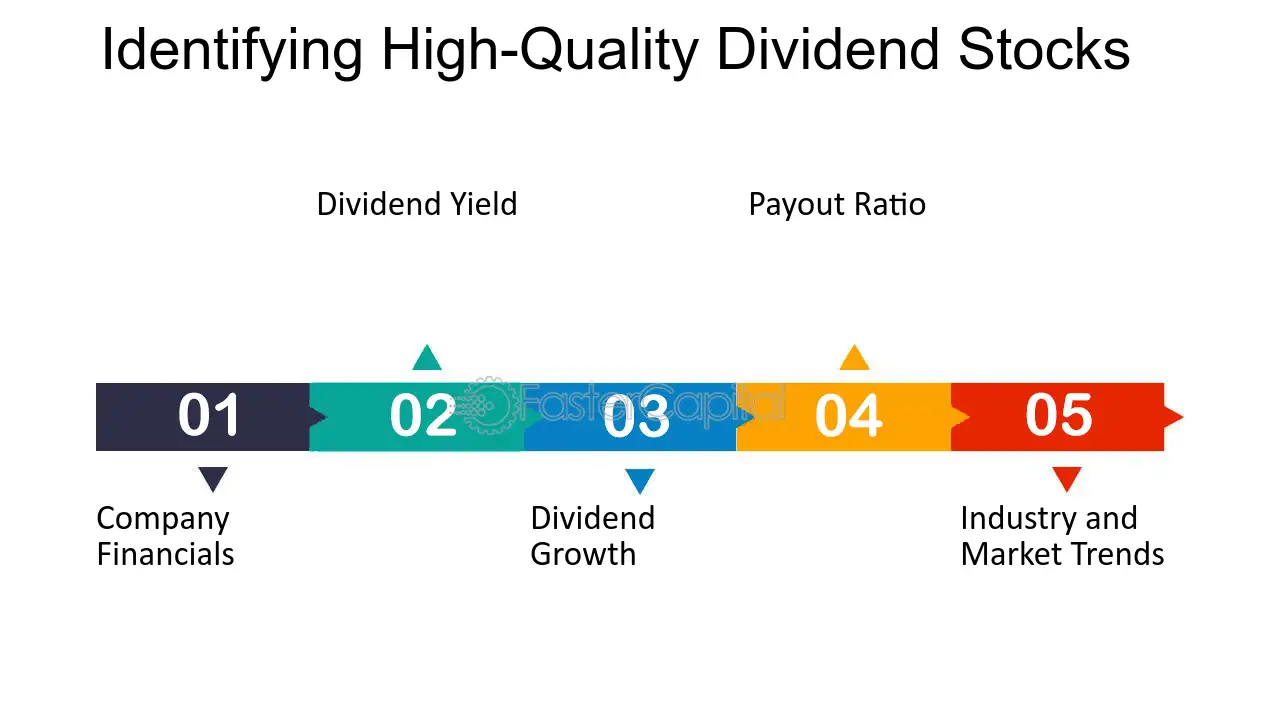
Your credit score is a critical factor in determining your financial health. It plays a significant role in your ability to access loans, credit cards, and even secure housing or employment. Effective credit score management is crucial for achieving better financial well-being, and this post will provide you with actionable tips and strategies to help you improve your credit score management.
Understanding Credit Scores
A credit score is a numerical representation of your creditworthiness, ranging from 300 to 850. This score is calculated based on various factors, including your payment history, credit utilization, credit mix, new credit applications, and credit inquiries. Understanding how credit scores are calculated is the first step towards effective credit score management.
Payment History
Your payment history is the most significant factor in determining your credit score. It accounts for approximately 35% of your overall score. Consistently making on-time payments on your credit cards, loans, and other financial obligations is crucial for maintaining a healthy credit score.
Credit Utilization
Your credit utilization ratio, which is the amount of credit you’re using compared to the total credit available to you, accounts for about 30% of your credit score. Keeping your credit utilization low, typically below 30%, is essential for maintaining a good credit score.
Credit Mix
The diversity of your credit accounts, known as your credit mix, makes up around 10% of your credit score. Having a mix of different types of credit, such as credit cards, loans, and mortgages, can positively impact your credit score.
New Credit
Applying for new credit, such as credit cards or loans, can temporarily lower your credit score due to the hard inquiries on your credit report. This factor accounts for approximately 10% of your credit score.
Credit Inquiries
Hard inquiries, which occur when you apply for new credit, can slightly lower your credit score. Soft inquiries, such as checking your own credit report, do not affect your score.
Understanding these factors is crucial for effectively managing your credit score.
Credit Score Management Strategies
Payment History Management
Importance of On-Time Payments Making on-time payments on all your credit accounts is the most important factor in maintaining a good credit score. Even a single late payment can have a significant negative impact on your score.
Strategies for Managing Payment Schedules
- Set up automatic payments or payment reminders to ensure you never miss a due date.
- Prioritize making minimum payments on all your credit accounts, even if you can’t pay the full balance.
- Contact your creditors if you anticipate difficulty making a payment and discuss options for avoiding late fees or penalties.
Tips for Avoiding Late Payments
- Create a budget and track your expenses to ensure you have enough funds to make your monthly payments.
- Consider setting up payment due date reminders or alerts to avoid forgetting about upcoming payments.
- If you’re struggling to make a payment, reach out to your creditors as soon as possible to discuss alternative payment arrangements.
Credit Utilization Management
Importance of Maintaining Low Credit Utilization Keeping your credit utilization low, typically below 30%, is crucial for maintaining a good credit score. High credit utilization can signal to lenders that you’re overextended and may have difficulty making payments.
Strategies for Managing Credit Utilization
- Monitor your credit utilization regularly and make payments to keep it below 30%.
- Consider requesting credit limit increases from your card issuers to lower your utilization ratio.
- Avoid maxing out your credit cards or using a high percentage of your available credit.
Tips for Avoiding Overspending
- Create a budget and stick to it to ensure you don’t overspend on your credit cards.
- Consider using cash or debit cards for discretionary purchases to avoid relying on credit.
- Set spending limits on your credit cards to help you stay within your budget.
Credit Mix Management
Importance of Having a Diverse Credit Mix Maintaining a diverse credit mix, which includes different types of credit accounts, can positively impact your credit score. This demonstrates to lenders that you can responsibly manage various forms of credit.
Strategies for Maintaining a Diverse Credit Mix
- Consider applying for different types of credit, such as a mortgage, auto loan, or personal loan, in addition to your credit cards.
- Avoid closing unused credit card accounts, as this can negatively impact your credit mix.
- Diversify your credit accounts over time, rather than applying for multiple new accounts at once.
Tips for Avoiding Excessive Credit Applications
- Research your credit options and pre-qualify for credit before submitting applications to avoid multiple hard inquiries.
- Limit the number of new credit applications you submit, as each one can result in a temporary dip in your credit score.
- Monitor your credit report regularly to ensure that you’re aware of any new credit applications or inquiries.
Credit Report Management
Importance of Monitoring Credit Reports Regularly monitoring your credit report is essential for identifying and resolving any errors or inaccuracies that may be negatively impacting your credit score.
Strategies for Disputing Errors on Credit Reports
- Review your credit report from each of the three major credit bureaus (Experian, Equifax, and TransUnion) at least once a year.
- Dispute any errors or inaccuracies you find on your credit report directly with the credit bureaus.
- Provide supporting documentation to substantiate your dispute and ensure a timely resolution.
Tips for Maintaining Accurate Credit Reports
- Keep track of your credit card and loan statements to ensure that all the information on your credit report is accurate.
- Notify your creditors of any changes to your personal information, such as your address or name, to ensure your credit report remains up-to-date.
- Consider enrolling in a credit monitoring service to receive alerts about changes to your credit report.
Additional Tips for Credit Score Management
Avoiding Credit Card Debt Keeping your credit card balances low and avoiding excessive debt is crucial for maintaining a good credit score. Consider using the debt snowball or debt avalanche methods to pay down your balances effectively.
Building a Credit History If you’re new to credit or have a limited credit history, focus on building a strong credit history by becoming an authorized user on someone else’s credit card or applying for a secured credit card.
Monitoring Credit Scores Regularly Regularly checking your credit score and monitoring your credit report can help you identify and address any issues that may be impacting your score. Many credit card issuers and personal finance apps offer free credit score monitoring services.
Avoiding Credit Score Errors Errors on your credit report can negatively impact your credit score. Regularly reviewing your credit report and disputing any inaccuracies is essential for maintaining an accurate credit history.
Maintaining a Healthy Credit Mix Having a diverse credit mix, including different types of credit accounts, can positively impact your credit score. Avoid closing unused credit card accounts, as this can negatively affect your credit mix and utilization.
Conclusion
Effective credit score management is crucial for achieving better financial health. By understanding the factors that influence your credit score and implementing the strategies and tips outlined in this post, you can take control of your credit and improve your overall financial well-being. Remember to stay vigilant, monitor your credit report regularly, and make informed decisions to maintain a healthy credit score.














